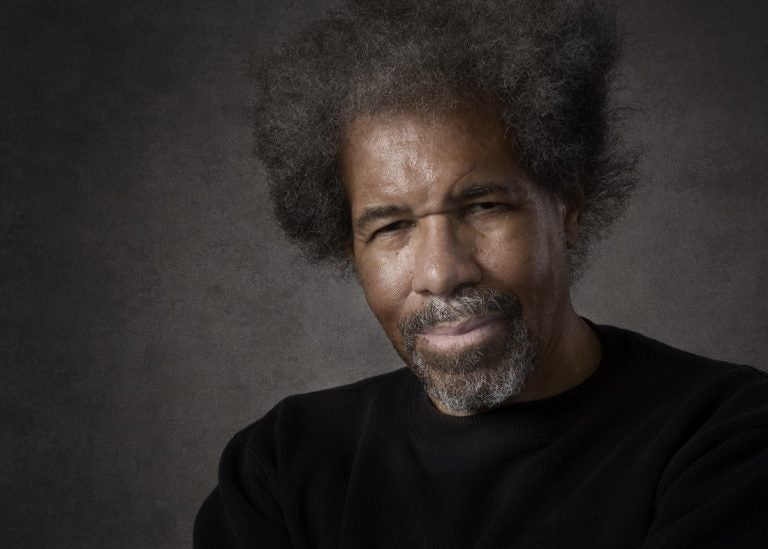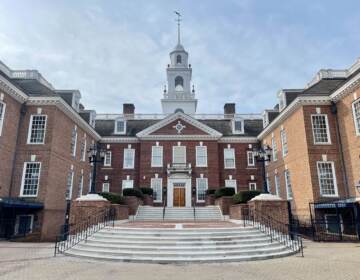Ending solitary confinement
We talk about solitary confinement in American prisons with Albert Woodfox, who served more then 40 years in isolation in Angola Prison, and Amy Fettig, of the ACLU.
Listen 49:45
Albert Woodfox served more than 40 years in solitary confinement in Angola Prison in Louisiana. (photo credit, Peter Puna)
Guests: Albert Woodfox, Amy Fettig
ALBERT WOODFOX spent more than four decades in solitary confinement at Angola Prison in Louisiana. He was serving a sentence for armed robbery when, in 1972, a white guard was killed. Despite a lack of evidence, Woodfox and two other men, all Black Panthers at the time, were accused of the crime and sentenced to life in solitary. They became known as the “Angola 3” and always denied their involvement in the murder. For 23 hours every day, Woodfox sat in a 6-by-9 foot cell, only allowed out for an hour to shower or exercise by himself. In 2016, he was finally released and has now written a memoir, Solitary. We’ll talk with Woodfox about his life, how he endured the isolation, and his work to end solitary confinement in prisons. We’re also joined by the ACLU’s AMY FETTIG, deputy director of their National Prison Project, about the use of solitary confinement in US prisons and the mental and physical effects on inmates.
WHYY is your source for fact-based, in-depth journalism and information. As a nonprofit organization, we rely on financial support from readers like you. Please give today.





